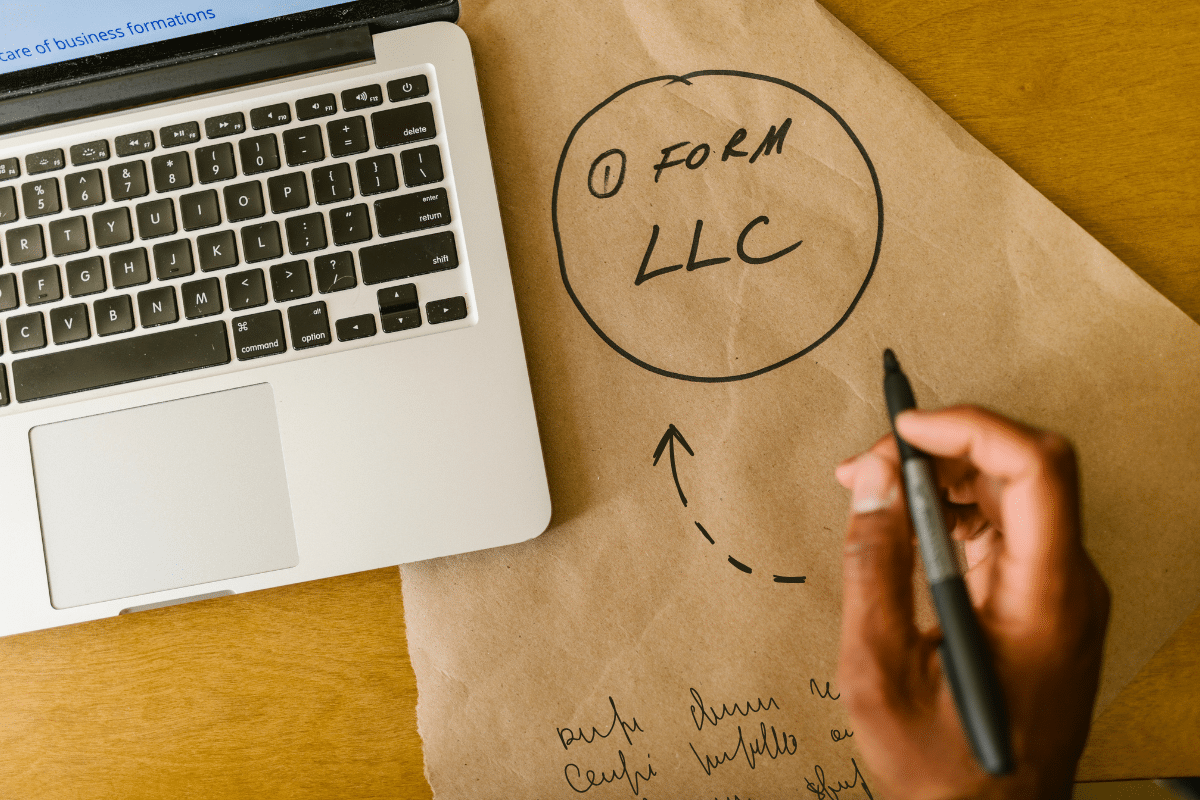In this segment, Vincent J. Russo discusses vital strategies every landlord needs to shield their personal assets. Discover how moving your rental properties into Limited Liability Companies (LLCs) can create a powerful fortress around your wealth, ensuring that a single accident doesn't lead to financial ruin.
This originally aired on the Catholic Faith Network’s show CFN Live: https://youtu.be/_PeHZKOXFO8
You may be surprised to hear, but in my law practice, when I ask the client, “How is your home owned?”, some clients respond I own the house, others say I own it jointly, it’s in a trust, or I am not sure! So, let’s cover the basics of home ownership.
Title or ownership to one’s house can be in held in several different ways with differing legal consequences. The starting point is to look at your deed. And in the very beginning of the deed, it will say who is the Grantor and Grantee, and how the property is owned. The grantees are the owners. If you do not have a copy of your deed (the last deed of record), you can obtain a copy from the County Clerk’s office.
- A home can be owned by a single individual as a sole owner
- A home can be owned jointly and if so, it can be joint with right of survivorship
- A home can be owned tenants in common and if married, it can be as Tenants by the Entirety
Sole Ownership
I own my house in my sole name. I can do anything I want with the home in terms of use, occupancy, or sale of the home. I am solely responsible for the upkeep of the house and the payment of real estate taxes.
Joint Ownership
Here gets more complicated. You can own a home jointly in several ways, for example, John can own his home with his sister, Mary — they are joint owners with equal legal rights in the home.
Now the question that needs to be addressed is this: What happens if one of the co-owners passes away? The answer will depend on the type of ownership. In New York, whenever more than one person buys or inherits property together, it is automatically held as tenants in common, unless they are husband and wife. If a tenant in common dies, the deceased person’s interest passes to their heirs or to the person specified in the terms of the deceased person’s will.
If John and Mary own the home jointly as tenants in common and John passes away first, John’s one-half ownership passes under his Will (or if no Will by intestacy) to his beneficiaries. They become joint owners with Mary.
On the other hand, if John and Mary own the home as joint with right of survivorship and John passes away first, Mary becomes the sole owner of the home. The home passes by operation of law with no probate or estate administration proceeding required.
John and Mary need to ask themselves what they want when one passes and then look at the deed to make sure it reflects the proper legal ownership. In New York, for example, there are four requirements for right of survivorship.
What about married couples?
Unless the deed to the real property specifies otherwise, a married couple automatically own their home as tenancy by the entirety in New York. Under this type of joint ownership, each spouse owns a 100% share of the home, and the home cannot be sold or transferred without the other spouse’s permission. Upon the demise of one spouse, the surviving spouse is the 100% sole owner of the home.
Another advantage of tenancy by the entirety is that while the couple is still alive, creditors of one spouse cannot put liens on the home while the non-debtor spouse is still alive. If the indebted spouse passes away first, then lien is extinguished, and the home automatically passes to the surviving spouse.
On the other hand, neither spouse can unilaterally sever or sell their portion of the property without the consent of the other, but a divorce will automatically convert this type of ownership into a joint tenancy.
In summary, the type of home ownership is a very important decision that has several legal consequences. We hope you found this article helpful. Contact our office today at 1 (800) 680-1717 and schedule an appointment to discuss what makes sense for you and your loved ones.




Comments (0)